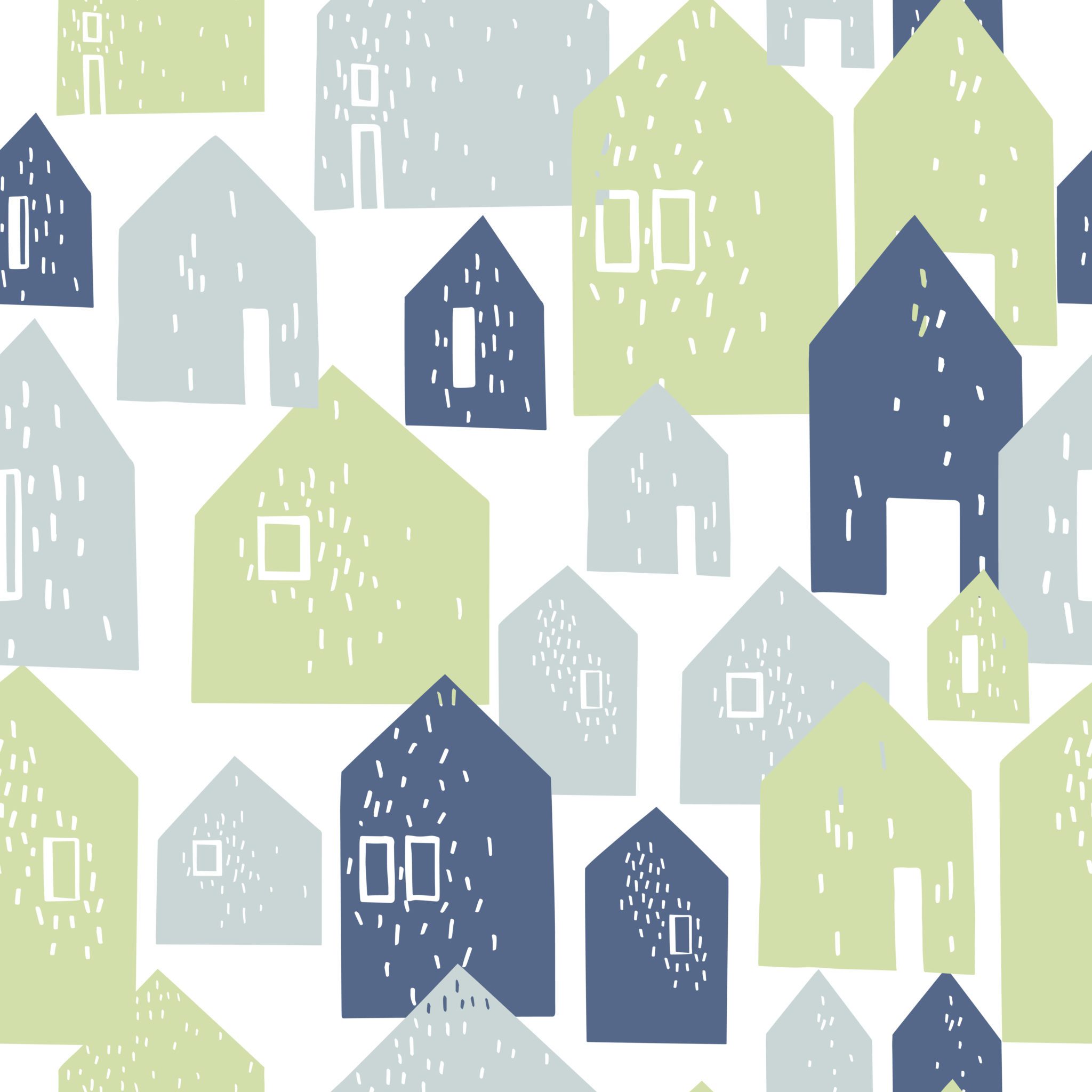Want to help end homelessness in Austin? Here’s how
Homelessness in Austin can feel complex. Too complex. So complex that an individual can’t make a difference. And while it’s true that it’s going to take massive systemic changes to create communities that are truly equitable and supportive, this complex thing called homelessness is made up of something much more simple: individuals, our neighbors, Austinites who have no choice but to live outside.
An individual can certainly help another individual.
So how do you help? Ending homelessness in our community – in any community – is going to take two key components. One, housing paired with supportive services at the necessary scale, and two, shared community purpose. You can help with the second by finding and joining your local neighborhood or homeowners association.
It’s easy in Austin: Enter your zip code in the City of Austin’s Community Registry search tool to find local organizations representing your neighborhood. Then, make a commitment to showing up and advocating for housing and supports for your unhoused neighbors.
Why does that matter? Neighborhood and homeowners associations hold sway with public officials in part because they tend to be more organized, according to recent research from the activist storytelling group Invisible People. These organizations “are often the voices most directly engaging local residents on the issue of homelessness,” the report explains. You can help shape these voices. Start by introducing yourself to your unhoused neighbors. Get to know them as you would your housed neighbors. Then encourage your neighborhood to work to meet the needs of everyone living there, housed and unhoused alike.

Homeowners, the report points out, are less likely to support shelter and housing generally, as shown in the chart above. They’re also more likely than renters to oppose shelter and housing in their neighborhoods – the Not In My Back Yard (NIMBY) sentiment. Finally, homeowners are more likely to support measures that criminalize homelessness.

All this adds up to a major challenge and a real opportunity to make a difference in our community. By committing to getting more involved in your local associations and showing up to supply facts, evidence, and empathy in these ground-level conversations, you can change what elected officials and public servants hear about these kinds of projects.
Make the most of your voice. Join your local neighborhood organizations today and say, loud and clear, Yes In My Back Yard!


